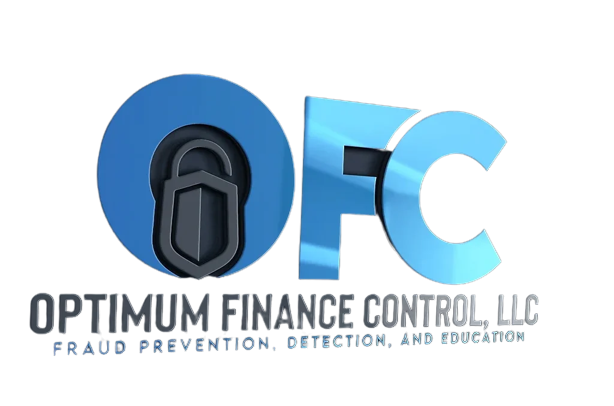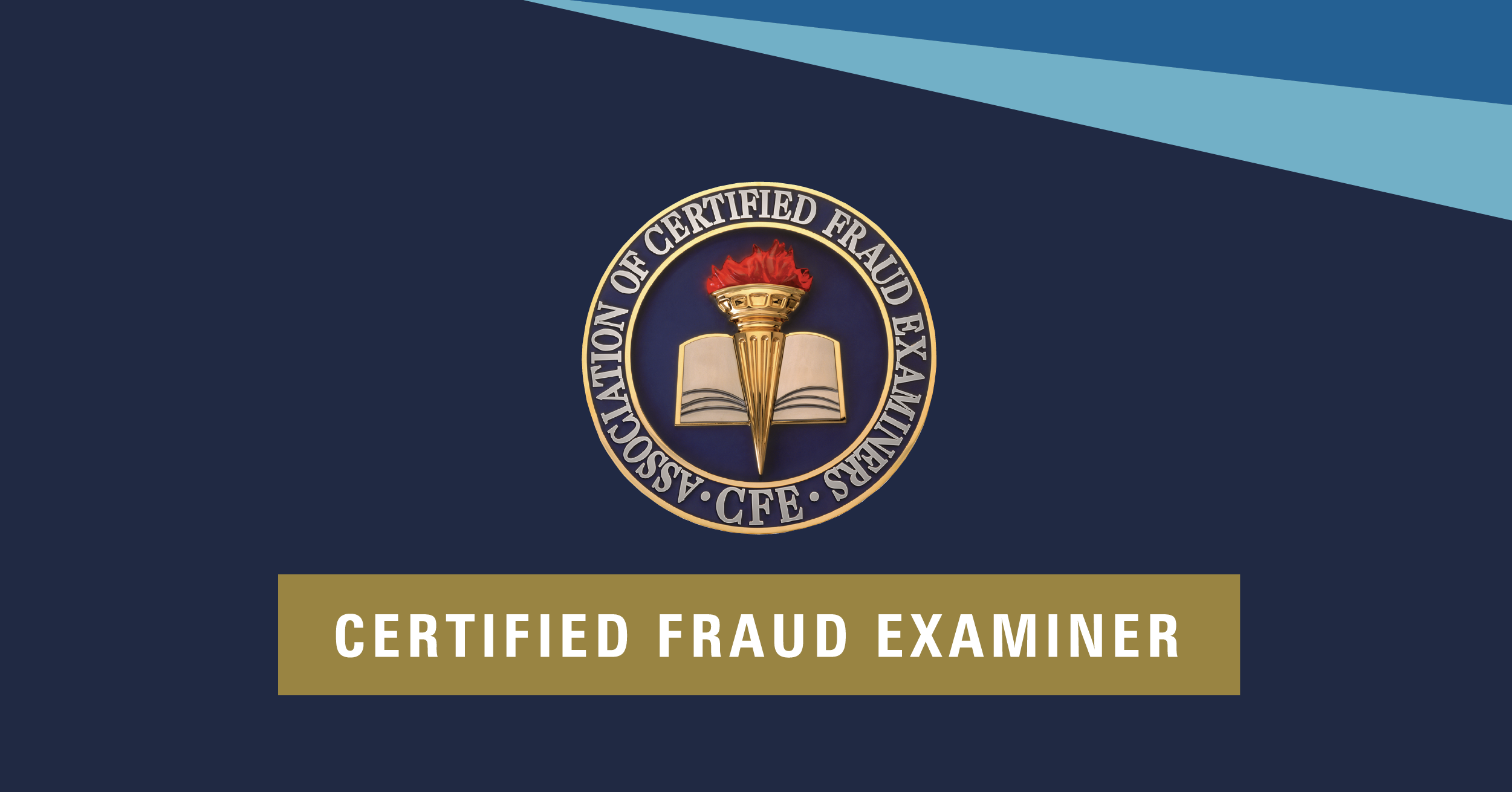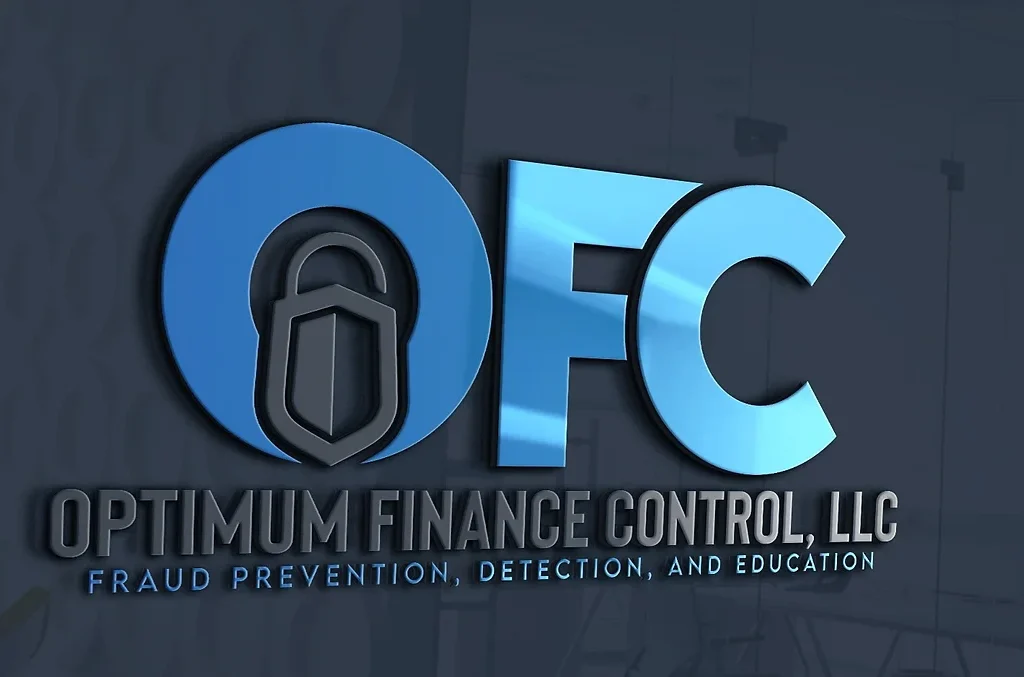Fraud Examination

What Is Fraud Examination?
In today’s world, fraud continues to be a costly and damaging problem for businesses and individuals. Unfortunately, many people fall victim to fraud in one way or another, resulting in the loss of financial stability. When businesses are accused of or are the victims of fraud, a fraud examination may be requested as an attempt to discover what took place, who was involved and how much was potentially lost as a result of the scheme or actions. A thorough fraud examination often falls to forensic accounting experts, as they have the experience necessary to sift through, sometimes seemingly, endless documents and data—and they know what to look for in an investigative process.
What Does a Certified Fraud Examiner Do?
A certified fraud examiner is a financial investigator who will look for evidence, obtain information from involved parties and write reports on their findings. Most fraud examiners have experience not only in accounting, but also in auditing, law, investigation and even criminology.
Because fraudsters are often clever, and fraud, by its very nature is hidden, a typical audit may not uncover instances of fraud. A certified fraud examiner has a larger scope and, while he or she will examine financial statements for fraud, there are other methods used to find evidence, including interviewing outside sources, performing computerized searches of accounting data and payroll records and using expert document examiners.
Asset misappropriation

What Is Fraud, Exactly?
Fraud is often defined as an act of intentional deception through either commission or omission that leaves its victims with an economic loss while the perpetrator has an economic gain. In the business world, there are three general types of fraud that an examiner may look for during an examination:
- Corruption – Typically involves an employee accepting clandestine payment in direct contradiction to the employers’ rights or even in return for favors or influencing a business transaction.
- Asset Misappropriations – The mismanagement or theft of a business’ assets, such as stealing inventory, skimming revenue or payroll fraud.
- Financial Statement Fraud – Involves the intentional misinterpretation of financial information to mislead those in an organization who are tasked with using that information to make financial decisions. This may involve understating liabilities, overstating assets or making false claims related to a potential investment.
When Should You Contact a Fraud Examiner?
It’s an unfortunate truth that most organizations will face some level of fraud at one point or another. Knowing when to reach out for help is essential. If you have received an anonymous tip from someone within your company or received an inquiry from the Securities & Exchange Commission (SEC), it is time to investigate. A certified fraud examiner can do the difficult work so that you can continue conducting business as usual, as much as possible. Not only can a thorough examination find instances of fraud, but an examiner can testify in court on your behalf to aid you in the process of recovering lost assets.

